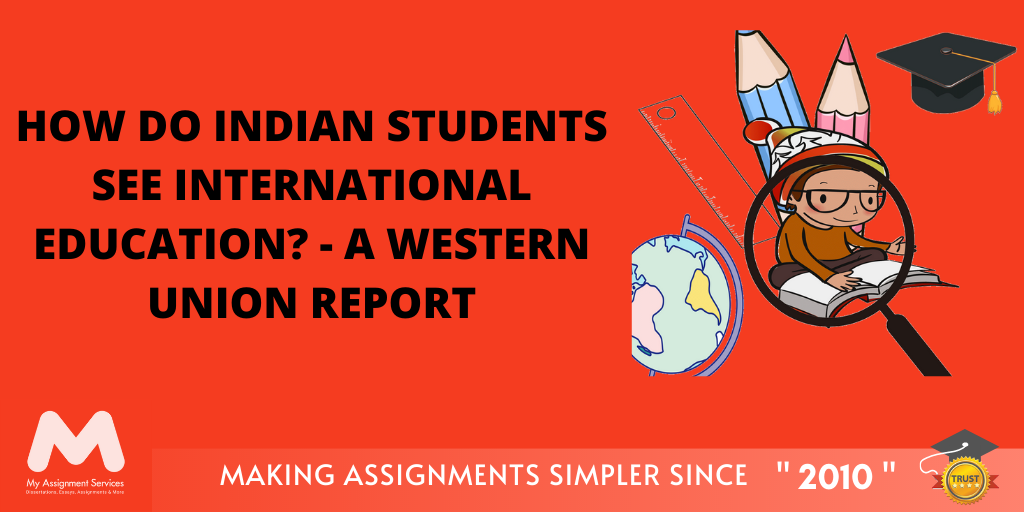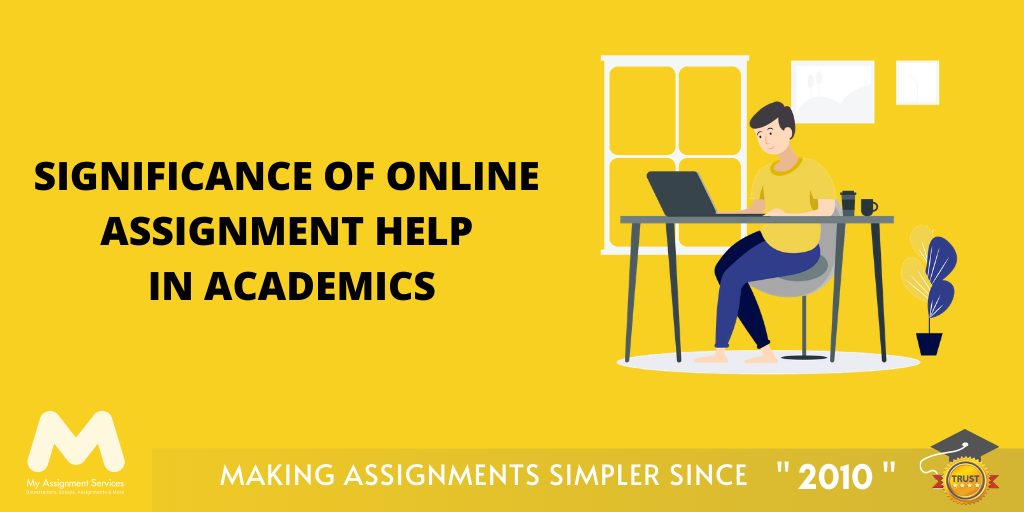Looking for ways to write an effective grey literature review? Don’t know where to start? But still, want to explore the ways to come up with ways to write one yourself? Or to score well in your academics? Or to explore your curriculum or learning? Whatever your answer may be, we are here to help you understand and write this literature review systematically.
It is not like other literature that is publicly available by commercial publishers but it is more official. The significance of this form of literature is highly placed among the literature associates and the university students. However, many students cannot grey literature define when asked for it. They don’t even have a basic idea of the literature and begin writing it without any knowledge.
While literature students might be familiar with how to write about a topic they are comfortable with, Creating a systematic literature review surrounding the “grey” areas of literature on a topic requires some additional research. This not only allows students to dive into a new form of literature to explore but also to find opportunities. The writing of a literature review related to the grey literature provides benefits to the students pursuing graduate studies. Let us know what it is in detail and how you can write one.

What Is Grey Literature?
It is research work and information that is created and made available by the government or other non-commercial bodies. It consists of different kinds of research documents that are useful for covering wider gaps in knowledge. The literature published by traditional scholarly journals or publishing channels does not acknowledge the topics in wider depth. However, these gaps are filled by non-commercial publishing sources writing - what is grey literature.
What Constitutes As A Grey Literature?
The materials that come under this literature consist of information created by authorities outside the traditional publishing and distribution channels. These authorities cover a wide range of documents such as reports, dissertation, newsletters and much more.
The original producers of these documents come from non-traditional sources of publication. However, universities also allow students to participate in the creation of these forms of research work and materials. This encompasses a large number of individuals who can take advantage of and benefit from the creation of grey literature.
Why Is Grey Literature Significant?
The importance of this literature can be understood from the perspective of how it benefits in general and university students. In general, the significance of this literature is critical to many practitioners and researchers. Many authorities like them take advantage of this literature to fill the gaps in their knowledge. These non-traditional pieces of literature cover information that might not be published. Through the production of such literature pieces, researchers and practitioners, including other professionals, find up-to-date information.
A literature review writer online comments that this kind of literature helps students create academic and professional pathways. Not only do the university students learn different information from these, but they also learn to create their own. It helps students to find the knowledge that sometimes their study materials in the course might not provide. Students get more comprehensive knowledge and a better understanding of their particular subject area. With these writing pieces, students can create their own thesis, dissertation and other scholarly works.
Examples Of Grey Literature
As earlier mentioned, the written materials and work constituting grey literature are non-traditional publications. These are different from the traditional work of scholars and researchers writing the same kind of literature. Essentially, the examples are the same as traditional pieces of literature; however, the information that these cover is wider than the traditional ones. Examples of this form of literature include some of these pieces:
- Abstracts
- Bulletins
- Conference Proceedings
- Dissertations
- Enhanced Publications
- Fact Sheets
- Green Papers
- Handbooks
- Image Directories
- Grey Journals
- K-blogs
- Legislation
- Memoranda
- Newsgroups
- Orations
- Press Release
- Questionnaires
- Research Reports
- Systematic Reviews
- Trade Directories
- White Papers
- Yearbooks
The Original Authors Of Grey Literature
Understanding the part of what is grey literature and the benefits is a commonly done practice. For any professional or student, it might be clear what this kind of literature provides to them. But the real question is - who writes these pieces of literature? Do we know who produces these writing pieces? The important question is, who produced these writing pieces? These are some of them -
- Government Agencies
- NGOs
- Pressure/Activist Group
- Legal Organisations
- Corporations
- Researchers
- Scholars
- International Organizations
- High Degree Research Students
How To Write A Grey Literature?
Writing a systematic review literature requires some crucial steps and instructions to follow. In the systematic reviews of gray literature, the writing provides readers with a comprehensive view of the main topic. It also disseminates the publication bias by using critical methods to write about the topic. Here is how you can prepare yourself to write one with effective strategies:
Determine The Kind Of Literature
What kind of literature are you going to write about and include in your review? Set a criteria for your review. Specify the type such as reports, dissertation, etc for your grey literature. Include other relevant details such as what will be the publication period, language and target location.
Define Your Research Question
Some experts believe that the best practice before working on the search of this literature is to define a question. What are you going to focus on, and what will readers find valuable in your research? This also helps in reducing the time and risk associated with unplanned research.
Come Up With A Search Strategy
Combine the traditional search in academic databases with the main focus on what is grey literature. Make use of keywords, subject headings and synonyms. Consider exploring grey-specific databases of literature such as OpenGrey or Grey Literature Report.
Implement The Search Process
Start with searching academic databases such as PubMed, Scopus, and other sources. Use advanced search features to filter your search results. Explore the grey-dedicated sources such as databases (as suggested above and others), NGOs, Google Scholar and more.
Document The Search Strategy
Keep records of each strategy you are utilising, such as database search, keywords used, number of records extracted and others. This step is crucial as it provides a certain transparency for your grey literature and enables you to allow reproducibility.
Screen And Select Literature
The literature pieces you find vary in quality and must be accessed thoroughly. Identify the relevant literature and include ones that match your criteria from the first step. Consider other factors such as source, methodology, validity and conflict of interest.
Extract The Data And Report
Once you have selected the relevant grey literature for your research, retrieve and analyse the information. Do this the same way as for published literature. Once done, in the end, report your findings from the literature search you did. Draw conclusions and be transparent about everything you do.
Begin With Your Grey Literature
Coming up with ideas on your own literature piece is important but also intimidating for many students. That is why we have been providing students with research paper assignment help. Our team consists of academic experts who can guide you through your research work and writing. With the level of expertise and knowledge they have, their guidance will allow you to progress efficiently. So don’t waste any of your time and begin your research. Register now!





